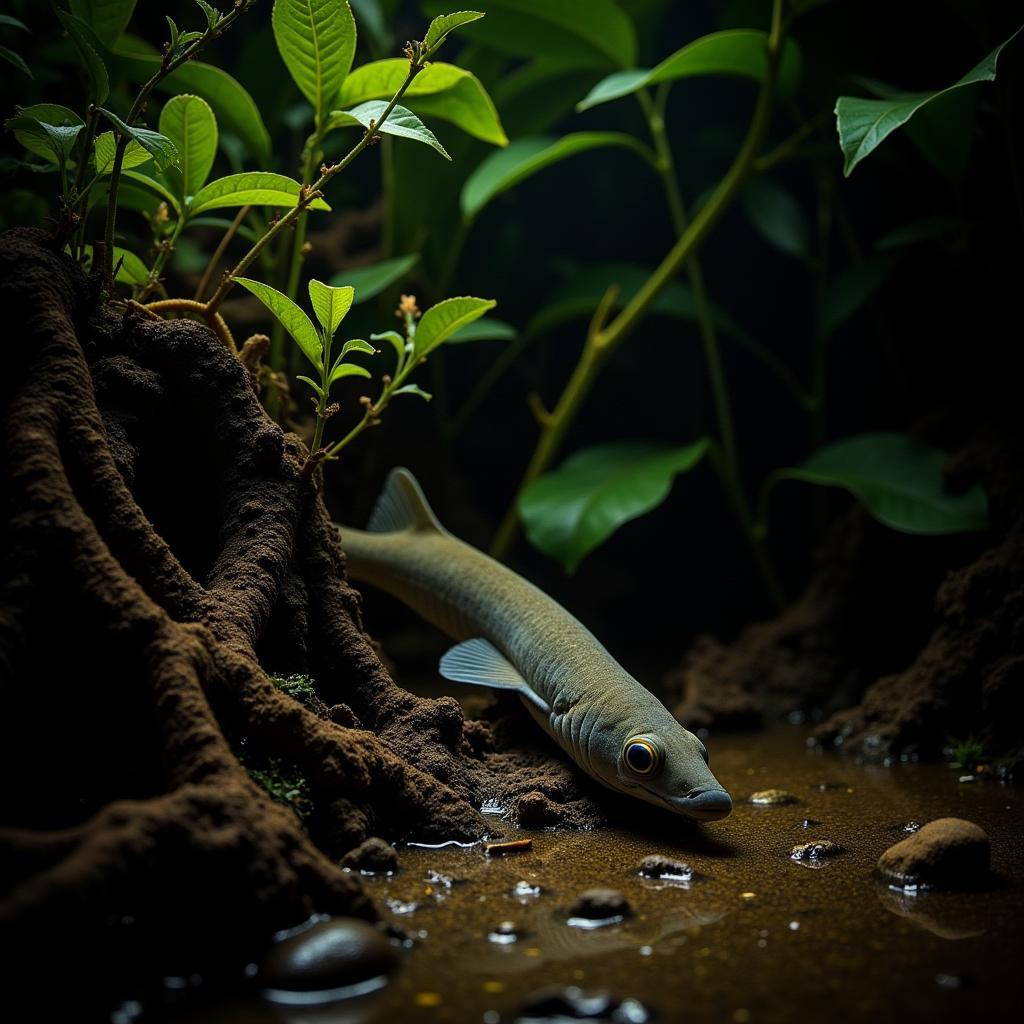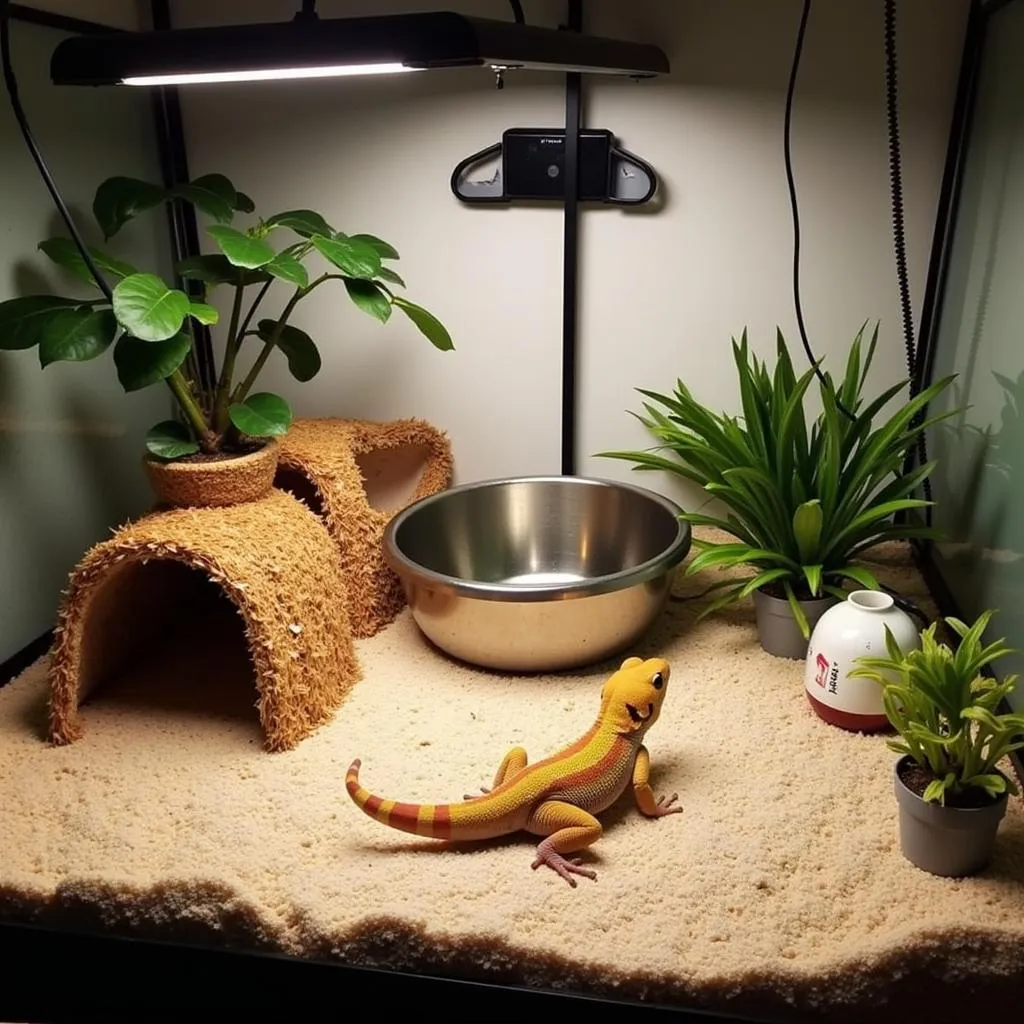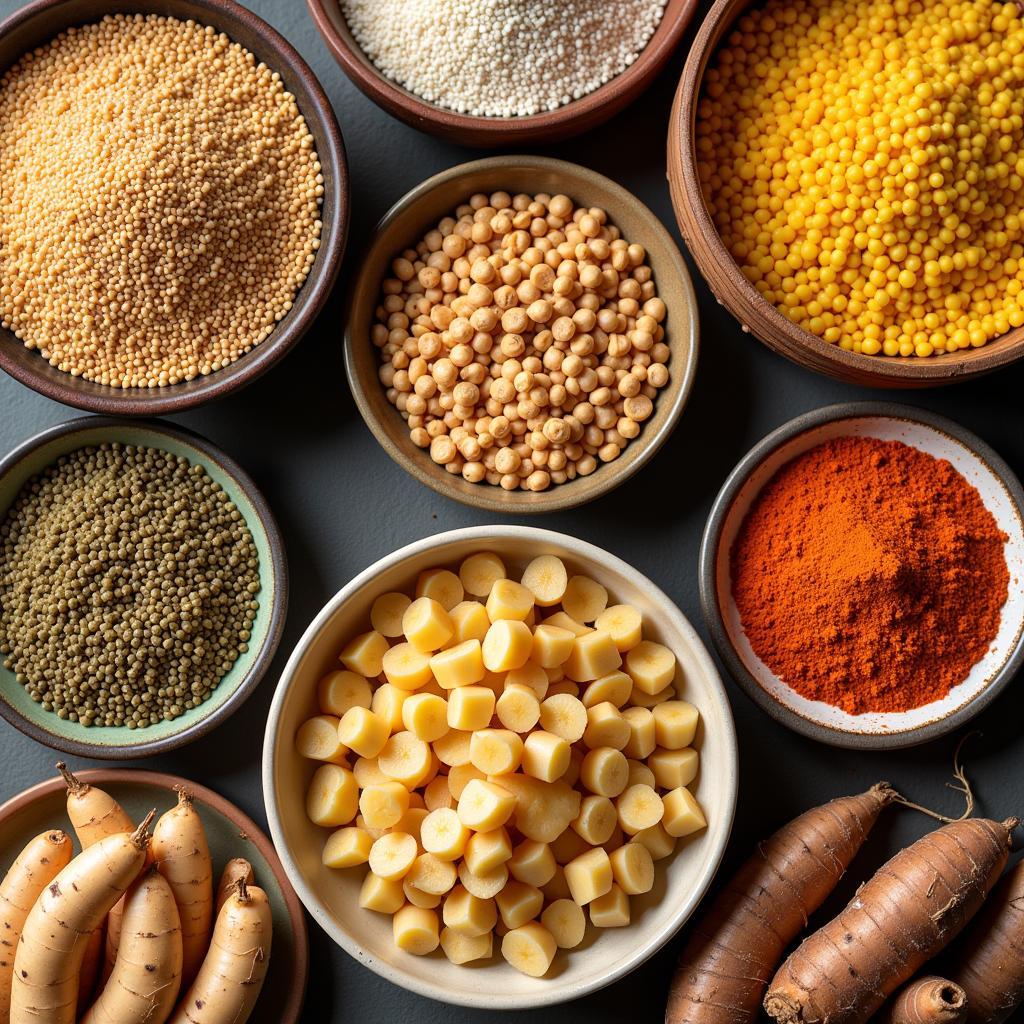Exploring the Richness of African Hardwood Species
African Hardwood Species are renowned worldwide for their exceptional durability, stunning beauty, and unique characteristics. From the dense forests of Central Africa to the savannas of the East, this diverse continent is home to a treasure trove of hardwood trees that have played a significant role in both local cultures and global trade for centuries. This article delves into the world of these remarkable trees, exploring their diverse applications, the challenges they face, and the sustainable practices aimed at preserving them for future generations. african hardwood trees list
A Closer Look at Popular African Hardwood Species
Several African hardwood species stand out for their exceptional qualities and commercial importance. These include Iroko, known for its impressive resistance to rot and insect damage, making it a popular choice for outdoor furniture and boatbuilding. Then there’s African Mahogany, prized for its beautiful reddish-brown hue and used extensively in high-end furniture and musical instruments. We also have Sapele, often considered a more affordable alternative to mahogany, with similar properties and a rich, warm color. african hardwood
The Significance of African Hardwood in Local Cultures
Beyond their commercial value, African hardwood species hold deep cultural significance for many communities across the continent. They’ve been traditionally used for crafting everything from ceremonial masks and musical instruments to furniture and homes. Certain species are even considered sacred, playing a vital role in spiritual practices and traditional medicine. This deep connection emphasizes the importance of sustainable harvesting practices to ensure these invaluable resources remain available for future generations.
What are some of the cultural uses of African hardwood? African hardwood has been used in building traditional homes, crafting ceremonial masks, and creating various musical instruments.
Challenges Facing African Hardwood Species
Unfortunately, African hardwood species face numerous challenges, primarily deforestation driven by illegal logging and unsustainable harvesting practices. These activities not only threaten the survival of these valuable trees but also disrupt the delicate ecosystems they support. Climate change also poses a significant threat, affecting rainfall patterns and increasing the risk of wildfires, further endangering these precious resources.
Sustainable Practices for the Future of African Hardwood
Addressing these challenges requires a concerted effort towards sustainable forestry practices. This includes promoting responsible logging, reforestation initiatives, and supporting local communities in their efforts to manage their forest resources effectively. By investing in research and development, we can also explore innovative ways to utilize these hardwoods more efficiently and reduce waste. Furthermore, raising awareness among consumers about the importance of choosing sustainably sourced wood products can play a crucial role in protecting these valuable species. african blackwood cultivation
How can we ensure the sustainability of African hardwood? Sustainable forestry practices, reforestation efforts, and consumer awareness are crucial for the future of African hardwood.
African Blackwood: A Case Study in Sustainability
African Blackwood, one of the most valuable hardwoods in the world, exemplifies the importance of sustainable practices. Its slow growth and high demand make it particularly vulnerable to overexploitation. Efforts to cultivate African Blackwood and promote responsible harvesting are essential to ensure its long-term survival. [african blackwood vs gabon ebony](https://omenkamag.com/african blackwood-vs-gabon-ebony/) african blackwood harvest period
In conclusion, African hardwood species are an invaluable natural resource with immense ecological, economic, and cultural significance. By embracing sustainable practices and working together, we can ensure that these magnificent trees continue to thrive for generations to come. Choosing sustainably sourced African hardwood products is a step towards protecting these remarkable species and the diverse ecosystems they support.
FAQ
-
What is the most expensive African hardwood? African Blackwood is often considered the most expensive.
-
Are all African hardwoods dense? While many are known for their density, not all African hardwoods are equally dense.
-
Where can I buy sustainably sourced African hardwood? Look for certifications like FSC (Forest Stewardship Council) when purchasing.
-
What is the best way to care for African hardwood furniture? Regular cleaning and oiling can help maintain its beauty and durability.
-
What are some common uses for African hardwood beyond furniture? They’re used in musical instruments, boatbuilding, and even flooring.
-
How does climate change affect African hardwood species? Changing rainfall patterns and increased wildfires pose significant threats.
-
What are some initiatives promoting sustainable forestry in Africa? Various organizations are working on reforestation projects and community-based forest management.
Dr. Abimbola Adebayo, a renowned botanist specializing in African flora, notes, “The rich diversity of African hardwoods is a testament to the continent’s unique ecosystems. Preserving these species is crucial not only for biodiversity but also for the livelihoods of millions who depend on them.”
Professor Chinua Achebe, an expert in sustainable forestry, adds, “Sustainable harvesting practices are essential for ensuring that future generations can benefit from the valuable resources that African hardwoods provide.”
For further assistance, please contact us at Phone Number: +255768904061, Email: kaka.mag@gmail.com Or visit us at: Mbarali DC Mawindi, Kangaga, Tanzania. We have a 24/7 customer service team.


